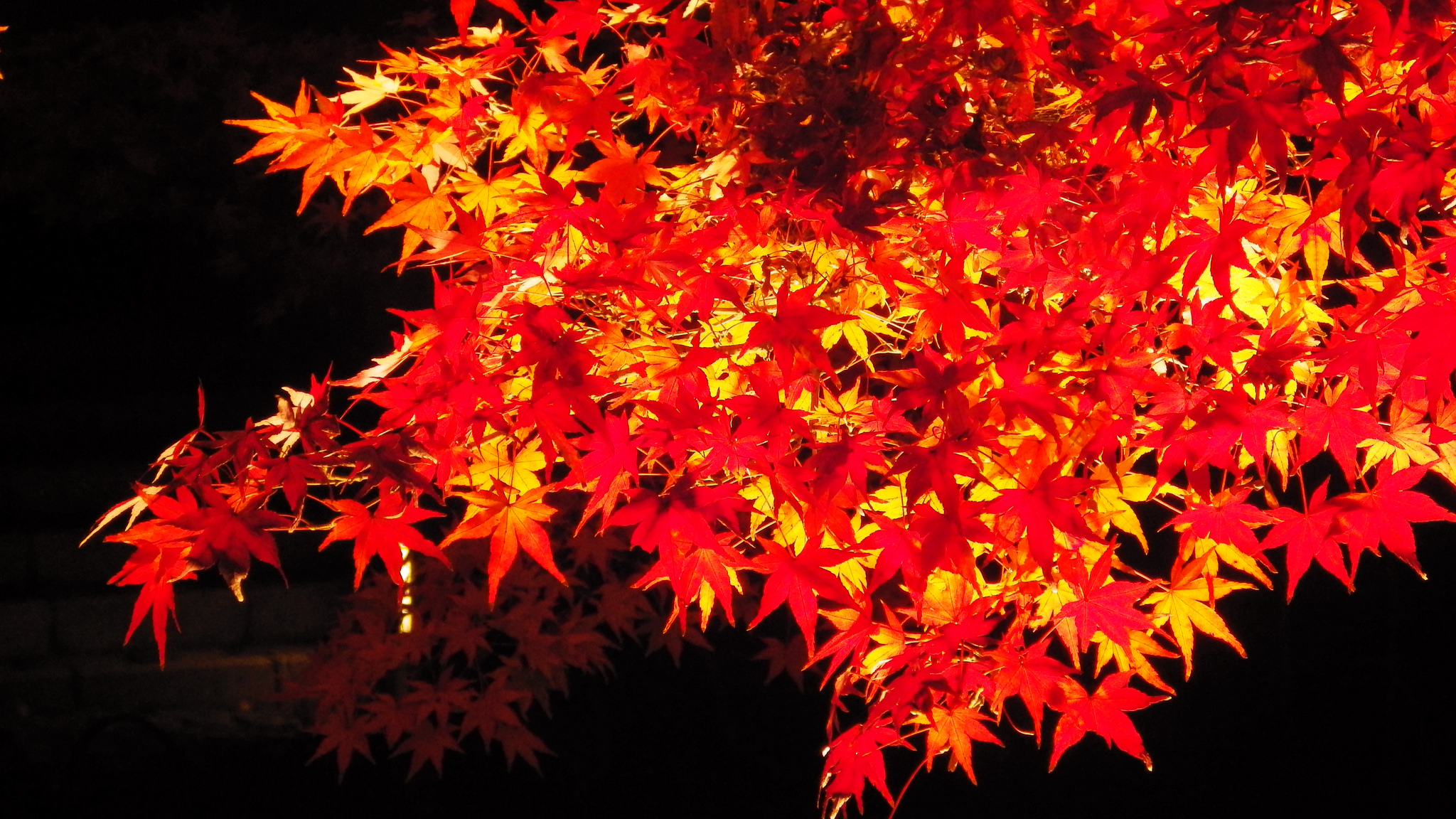It was many, many years ago that I read the line, “I consider a tree.” In Martin Buber’s I and Thou. And it was as well not until many, many years later that I understand its import, if only partially.
Buber, the great 20th century Jewish philosopher, argues that relations are the foundation of life, that we are most human in relation to others. There are encounters with others when all that exists is the relationship. “All real living is meeting,” he states. It is in our meetings with others that we most experience life and even sense a glimmer of the divine.
In an “I-Thou” encounter the “I” does not exist and the “Thou” does not exist. All that exists is the “I-Thou,” the relationship. Anyone who has experienced the love between one spouse and another or the bond of parents with children can appreciate Buber’s insight. Yet the perfect relationship, where all that exists is care and concern for each other, is fleeting. We cannot sustain this perfect moment.
We strive for perfection. We hope and pray that the knowledge of these perfect, fleeting, moments, when all that appears to exist is the relationship, forces us to reach out to others. I continue to marvel at the insight. It marks a breakthrough. I came to believe that the “I-Thou” commands us to treat others with respect and concern.
Then I read Buber’s insights about a tree. He suggests we can experience “I-Thou” encounters with things that are not human. A perfect relationship with a tree? And yet that is the line I find myself pondering.
“I consider a tree.”
And I recall the beautiful Japanese Maple that once stood on my lawn.
For years, when looking out through the windows of our dining room, we admired this tree. In the fall, its leaves were a deep red. In the spring, we watched as the tree filled with delicate red buds. Its branches curved in every direction. Its roots traversed the lawn.
But then, one day, its leaves began to curl, its branches became brittle. The tree doctor was called. It was fed medicine. It was given extra care. Holes were drilled in its trunk so that it could be fed more medicine, but to no avail. Our beautiful tree had succumbed to wilted leaf disease. Our favorite tree was removed. Its stump was ground. A pile of wood chips is all that remains.
I had not appreciated the tree before that day. I had only admired the tree. I had calculated its value. I had remarked about its beauty. I had not seen it for all that it was. Now I wondered about all the experiences she had witnessed. What had this tree seen? What had she beheld?
I am certain she had looked in on our Passover Seders and had, as well, looked over us when we slept in our Sukkah. I know that this tree had provided a perch to many birds, branches for my son to climb and shade for my daughter to escape from the sun.
Now I found myself wondering. Who had lovingly planted this tree so many years ago, digging a hole in the lawn and moving his hands through the dirt to cover the thin stump of a young tree? When she was young, JFK was assassinated and Israel miraculously defeated Arab armies in the Six Day War. When she was still small, Nixon resigned in disgrace and Israel signed its first peace agreement with Egypt. The tree had seen so much. Rosh Hashanah dinners. Christmas celebrations. The births of children. The deaths of grandparents. Weddings. Arguments. Tears. Love.
Now she was no more. In one brief moment she was gone.
And I had seen only red leaves. I had only marveled at beautifully sculpted branches. There is more to a tree.
I glimpsed the divine?
It is fleeting. It is gone.
An I-Thou. Perhaps? It rustles among the leaves.
I consider a tree.
Rabbi Steven Heneson Moskowitz is the rabbi of Congregation L’Dor V’Dor, a vibrant synagogue on Long Island’s North Shore. His writing appears in a variety of publications including Reform Judaism and The Times of Israel. He also blogs at rabbimoskowitz.com

